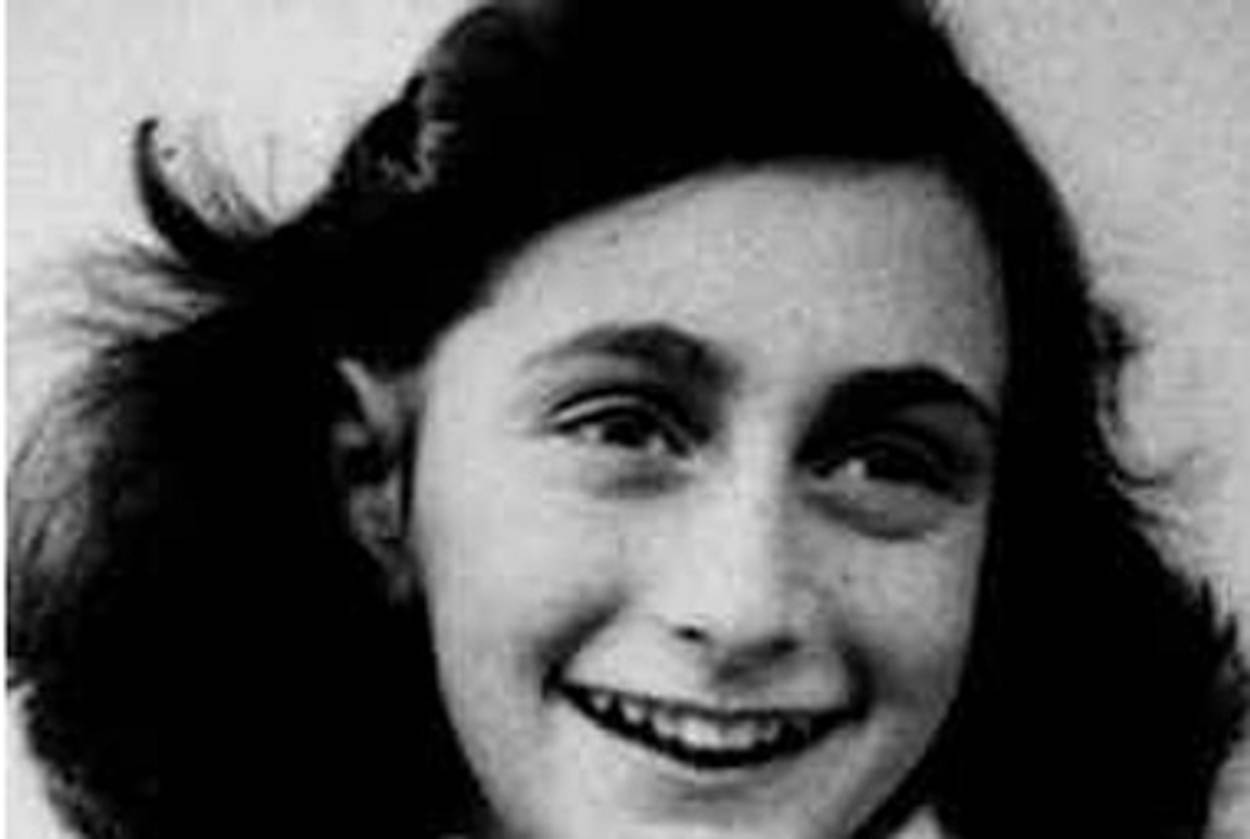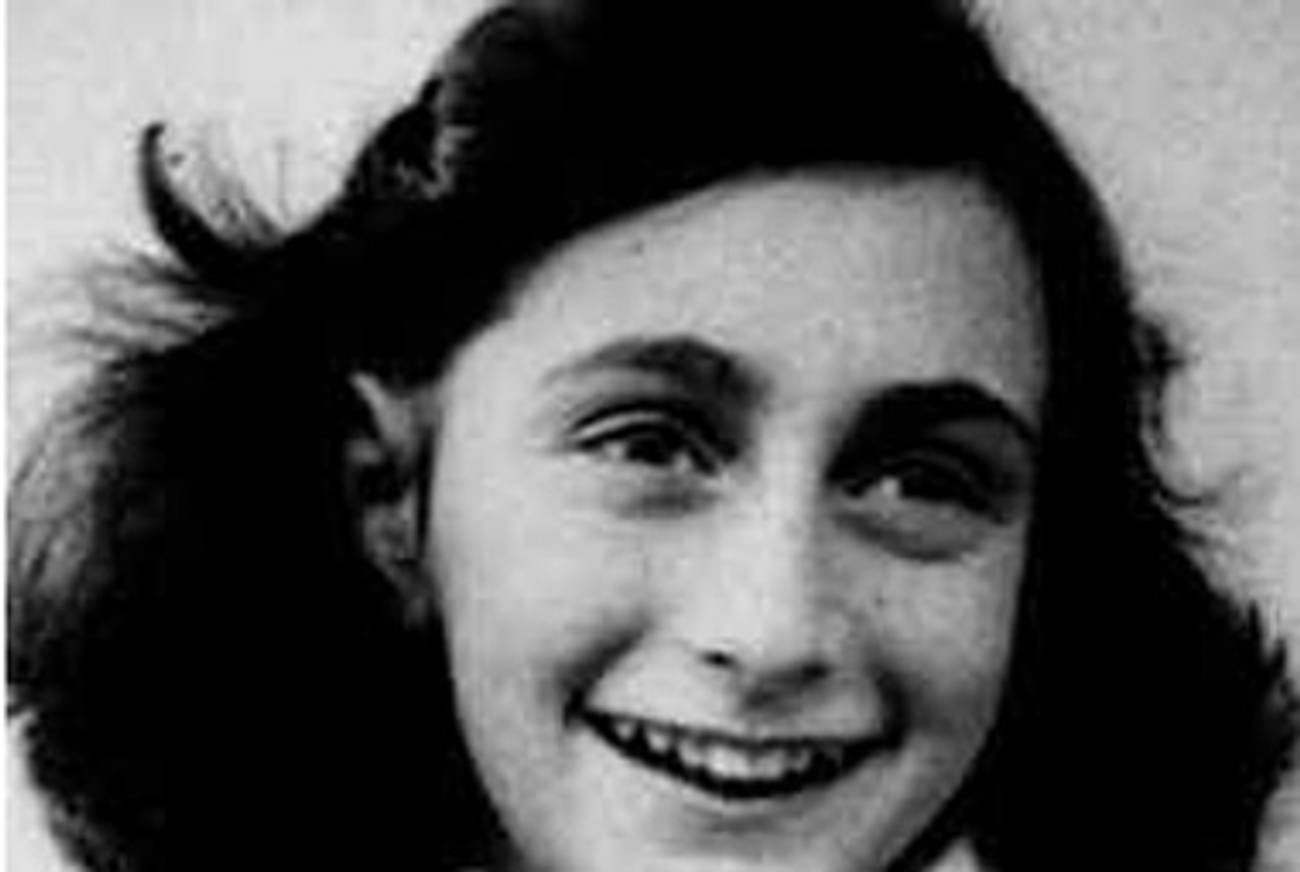The Only Girl We Ever Love?
The Holocaust, Israel, and Jewish identity




It’s tragically subscription-only, but Nathan Englander’s short story in last week’s New Yorker, “What We Talk About When We Talk About Anne Frank,” is a fantastic read, easy and provocative and Jewy to the max. I don’t want to give too much away out of respect to the New Yorker and Englander’s copyright, but Englander does reveal, in a separate interview, what a central part of the story is: something called the “Anne Frank game,” in which you think of Gentiles in your life and decide whether they would hide you, as Frank, her family, and several others were hidden in the Amsterdam attic. Questions of Gentiles and the divide between them and you quickly collapse as you come to consider your fellow Jews and perhaps even those closest to you, and how they would behave in the most trying of circumstances.
At Commentary, Matthew Ackerman has the story exactly right: “The story’s conclusion reveals the gravitational pull the emotional drama of the Holocaust continues to exert on so many Jews, and how hard it remains for so many to find Jewish meaning in anything else.” He adds, “the challenges Jews the world over face are daunting, and it does not appear they can be successfully met without finding a core of Jewish identity that is not based in the European tragedy. We have no choice then but to make it a never forgotten piece of our collective past, but a piece only. Only then will we find the courage to meet the future with confidence and success and stop hiding in closets from imagined terrors.”
Englander’s story is a bit neat (as short stories probably should be) in that the two respective Jewish worldviews represented are Haredim from Israel and seculars from the States. For them, the Holocaust is, as Ackerman puts it, “the only point of strong Jewish connection they all share.” Which means the story does elide the other “strong Jewish connection” that most Jews share: Israel. (The Holocaust is stronger: a Jew can say he feels no affiliation with Israel; he cannot deny that he would have been on Himmler’s figurative list or on one of his many actual ones.) As with the Holocaust, too often, I think, Israel serves as an insubstantial point of connection among Jews rather than as an actually existing place; as a signifier rather than a signified. What we talk about when we talk about Israel is frequently our own pride in being Jewish (which can shade into chauvinism or forced victimhood, twin impostors that are really just the same). The good news is that untangling this need not require a cathartically horrific “game,” but rather the recognition that there many ways to be Jewish, and that being Israeli is only one of them and feeling a certain way about Israel only another.
What We Talk About When We Talk About Anne Frank [The New Yorker]
This Week in Fiction: Nathan Englander [New Yorker Book Bench]
The Difficulty of Letting Go of the Holocaust [Commentary Contentions]
Marc Tracy is a staff writer at The New Republic, and was previously a staff writer at Tablet. He tweets @marcatracy.